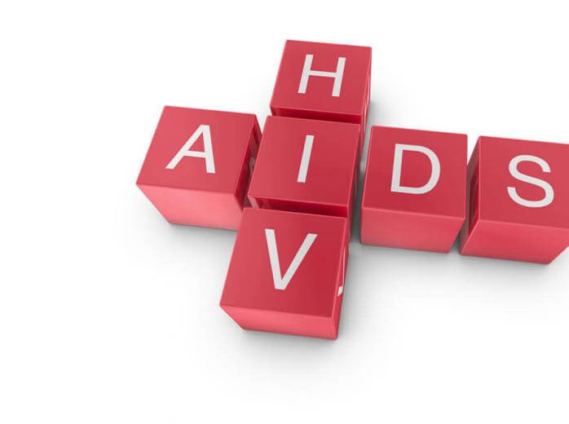Ghana in 2022, spent $126,415,269 on HIV-related activities as compared to $127,828,300 in 2021, a one per cent decrease in total expenditure in 2022.
Out of the total expenditure, USD 51,650,765 was from the government, USD 20,589,629 from the private sector and USD 54,174,875 from international partners.
This is contained in the 2022 results of the National AIDS Spending Assessment (NASA) disseminated by Dr Kyeremeh Atuahene, Director General of the Ghana AIDS Commission in Accra on Wednesday.
He said the assessment showed that international organisations, primarily the global fund and the US government accounted for the treatment of the largest portion of financing with an increase of three per cent from 2021 to 2022.
NASA also indicated an increase of 19 per cent in the government’s expenditure towards HIV-related activities within the period.
Dr Atuahene said for HIV spending by programme areas, HIV treatment, care and support accounted for 53 per cent of HIV financing at an amount of USD 68,011,545.
He said the assessment also noted that areas such as social protection, development synergies and HIV-related research had received relatively little attention.
“The main beneficiary population was Person Living with HIV who received the highest proportion of funds thus 54 per cent on the total expenditure, followed by the general population, 6.2 per cent and 3.5 per cent for key populations.”
Dr Atuahene said for the year 2022, five HIV prevention pillars, thus Adult and Young People Living with HIV, key populations, condoms, Pre-exposure prophylaxis(PrEP) and Voluntary Medical Male Circumcision contributed to the greater part of the HIV prevention activities.
NASA is made yearly to track transactions related to public, private and foreign spending on HIV and AIDS across different sectors in support of the NSP2021-2025.
The assessment also facilitates country reporting to the United Nations General Assembly on Financing for HIV and AIDS interventions in Ghana.
The Director General said NASA was more than a financial evaluation, saying, “It is a strategic tool that empowers us to assess the impact of interventions, identify areas for improvement and align efforts with the evolving needs of communities.”
Since 2005, Ghana has conducted and used NASA as its primary method for tracking HIV resources and the data has influenced HIV programmes.
Latest Stories
-
We have a bad technical team; Otto Addo and his team should go – Ernest Thompson
39 mins -
Hindsight: Why Accra Lions’ present problems do not define them
1 hour -
10-year-old Lisa Laryea arrives at Wits Donald Gordon Hospital in South Africa for bone marrow transplant
1 hour -
23 ambassadors inducted to take on 2025 GSTEP Challenge in three regions
2 hours -
Ghana Shea Workers Union inaugurated
2 hours -
I trust Bawumia; he has never lied to me – Akufo-Addo
2 hours -
Bawumia is hardworking; offers the youth platform to share ideas – Kow Essuman
2 hours -
IGP, Police commanders worship with churches in Ghana as part of security arrangements for 2024 elections
2 hours -
Mahama is a failed president; give Bawumia a chance – Akufo-Addo to Ghanaians
3 hours -
‘No child left behind in Free SHS’ – Akufo-Addo declares
3 hours -
MMDAs tasked to pay more attention to TB cases
3 hours -
2024/25 GPL: Defending champions Samartex suffer second consecutive loss as Basake Holy Stars wins 1-0
3 hours -
Government stands firm in Galamsey fight, says Akufo-Addo
3 hours -
National Peace Council assures public of violent free elections
3 hours -
Agenda 111 to be discontinued if NDC comes to power – Akufo-Addo
3 hours

